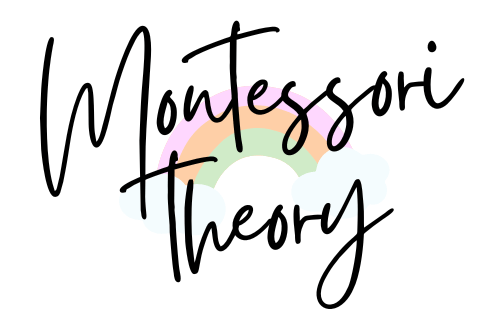Hands-on activity in Montessori education is a core principle that emphasizes learning through direct, physical engagement with materials and the environment. This approach is based on the belief that children learn best by doing, as active participation allows them to explore concepts, discover solutions, and internalize knowledge through their own experiences. Hands-on activities cover all areas of the Montessori curriculum, from practical life and sensorial experiences to language, math, and cultural studies, offering children a tangible and meaningful way to understand the world around them.
Engaging in hands-on activities fosters a range of skills, including fine and gross motor development, sensory refinement, and cognitive processing. For example, when children manipulate the Bead Stair to learn counting or use the Moveable Alphabet for word formation, they are not only grasping mathematical and linguistic concepts but also enhancing their coordination, concentration, and independence. This active learning approach also encourages exploration, curiosity, and creativity, as children are free to experiment and make discoveries within a prepared environment.
The emphasis on hands-on activity reflects the Montessori method’s holistic view of education, where the development of the whole child—intellectually, physically, emotionally, and socially—is the goal. By valuing and integrating hands-on experiences into daily learning, Montessori education nurtures confident, capable learners who are prepared to engage with complex concepts and challenges through a proactive and investigative approach.

